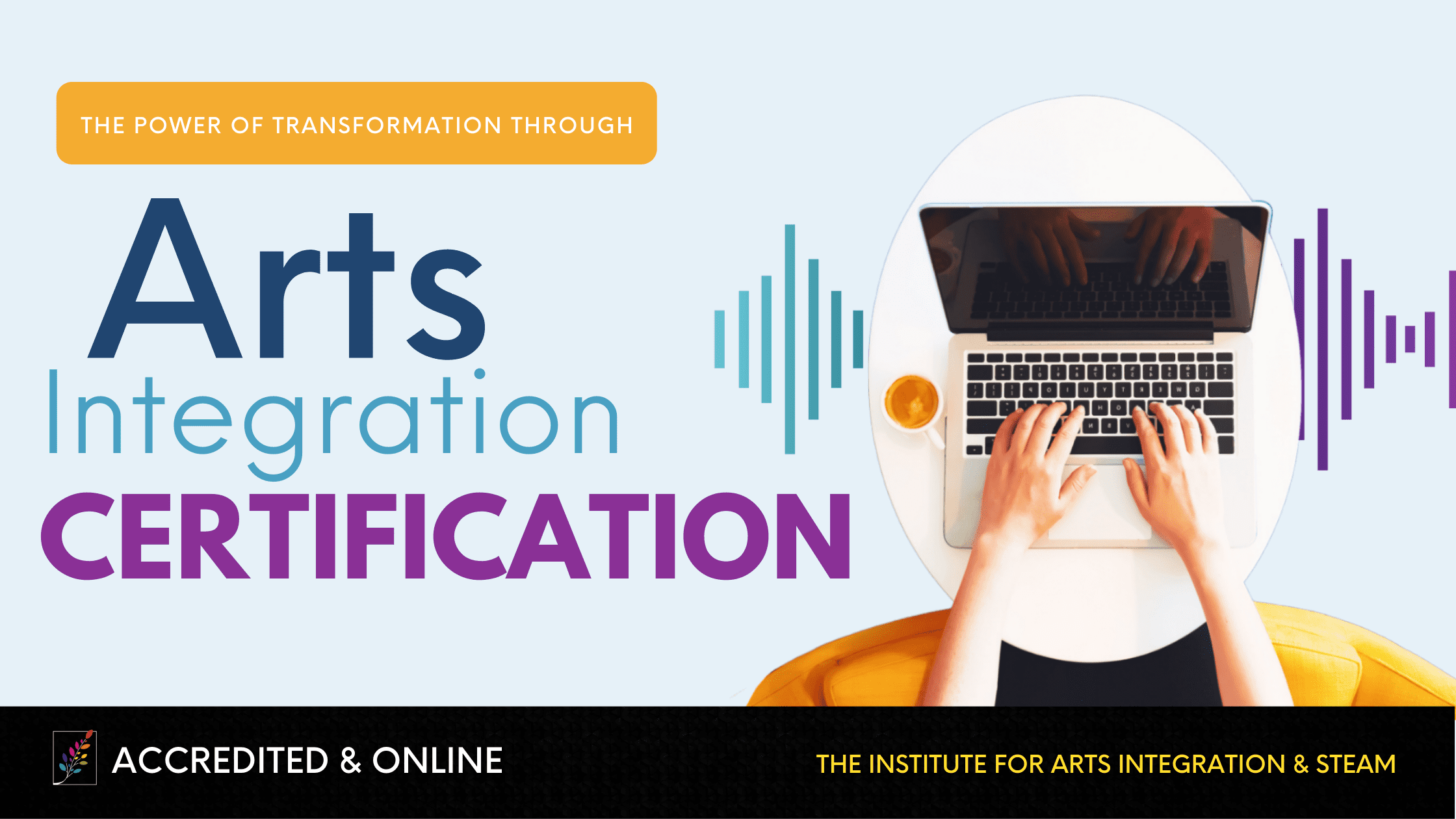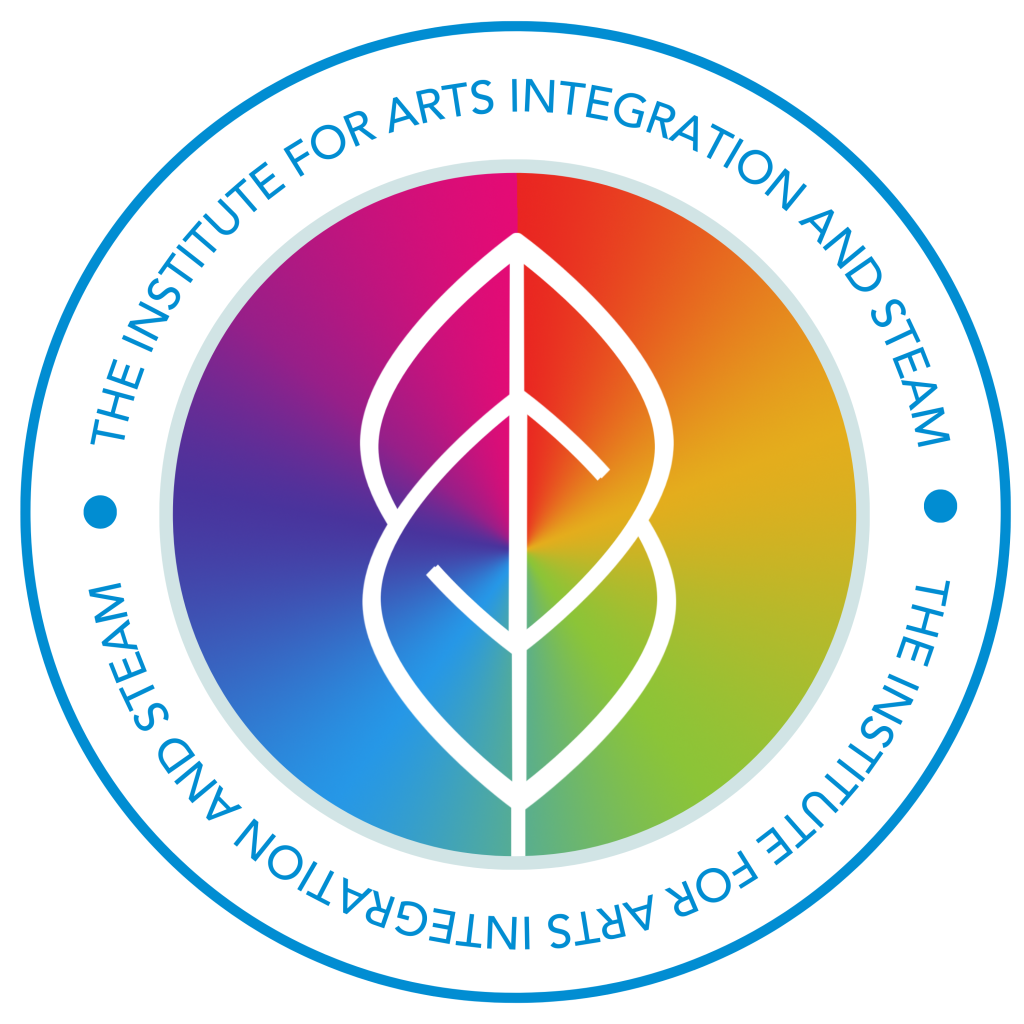Susan Riley | September 2013
How Rich Are You?
This is a personal question, but I’m going to ask it of you anyway: how rich are you? I am assuming your wealthy. After all, you ARE an educator, right (cough, choke, and snort out the laughter here). In all seriousness, though, rich isn’t a number. Rich is a mindset. Being rich means that you are content with what you have, are confident that you’ll always have enough, and are willing to share, share, share. This doesn’t always come easy. We’ve all had those moments when we have hoarded a great lesson we developed or decided to work ourselves ragged to edge out someone else for the next step up on the ladder. These moments aren’t pretty, but they’re real. Being rich isn’t a destination: it’s a process, just like any other artistic endeavor.
Here’s the exciting news: the richest people on this planet have to be educators. We inherently WANT to give away our knowledge, talents and skills. We want to share what has worked for us and soak up what others have learned that works like delicious rays of sunshine. And teachers who are committed to integration have got to be in the top 1% of wealth because not only do they give away their knowledge, they actively seek out connective knowledge and processes in other areas to make what they share even more valuable than when it stood alone. See? I told you that you were rich. And people seek out wealth. Everyone wants to a rich and if they can’t be rich right away, they will bond to someone else who has wealth to share.
Yet, in spite of all of this richness, there is still a perpetual undertone of “chicken little” in our educator sphere of influence. Those who claim to want to share, but then hold back their greatest gifts and resources for themselves. Or those who constantly are afraid that they might run out of creative ideas (really??), as if there were a limited supply in stock, so they tuck the nugget away for a rainy day rather than acting upon it.
Wealth Management
There are some easy ways we can all discover our true wealth management measure and invest in strategies that will bring us even more richness in our teaching and learning.
1. Take stock. Learn to be grateful for everything that you have at your disposal. Too often, I seek educators circling the conversation around what they don’t have or how they don’t find value in what is being shared. Instead, try on a new pair of lenses and become a noticer of everything you DO have: an amazing teaching staff or team, incredible support from an administrator, a great PTA/PTO, a diverse group of students that you can learn from, flexibility and freedom to take risks, resources and professional development opportunities, etc. When you flip the script in your mind, you begin to have an accounting of your true budget sheet.
2. Invest and diversify. Always invest in yourself and your knowledge. Actively seek out professional development and growth opportunities for you to learn about any topic that interests you. Don’t wait until your school will pay for it or offer you a per diem. It’s not about what you’re paid; it’s about what you’re worth. And you are WORTH the time and investment of pursuing growth for yourself. Additionally, be sure to diversify your time investments. Become a part of an online PLC in the arts if you’re a reading teacher. Take a class in coding if you’re a math teacher. Don’t just take professional development in a singular area – truly stretch yourself. You never know where that compound interest from all of your range of knowledge will pay off.
3. Be generous. Never ever be a stingy educator. There are no original ideas anymore, but there are so many possibilities for building upon multiple recycled ideas. You’ll only stunt yourself if you hold your wealth tightly in a fist. Instead, share it willingly and often. You will learn more by sharing your ideas, lessons, resources, and learning with others than you will holding it all in for yourself. Will someone else “steal” your idea at some point? Probably. But with all the wealth that you will continue to build, you’ll have enough creativity stored in reserve that you can let them have that old idea while you pursue a new one.
So let me ask you again: how rich are you? And how rich do you want to be? Start now – let’s build a bank of wealth together that we can share with gladness in our hearts.



